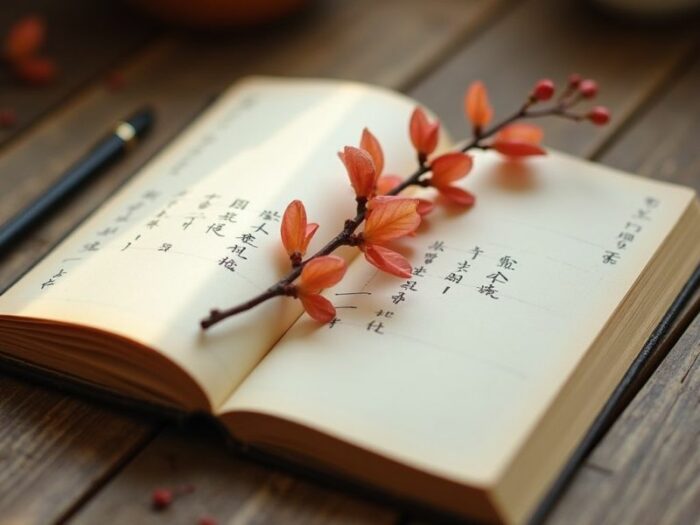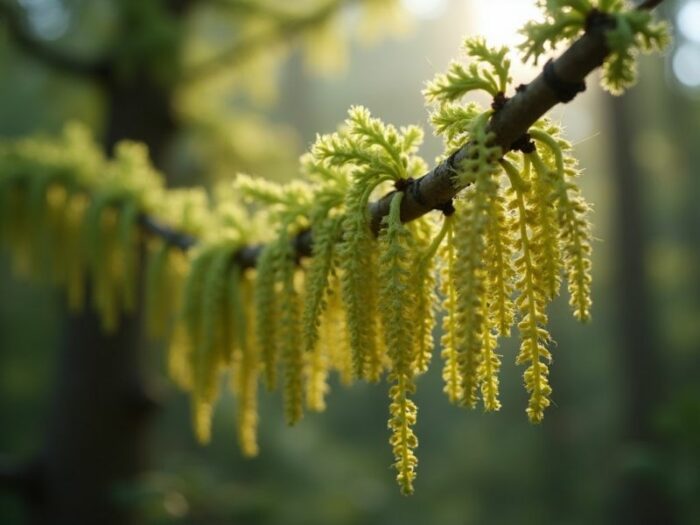
It may seem simple at first – just scribbling something in a notebook. But in truth, it’s a gateway. Keeping a Journal – а quiet door into a world inside us that rarely gets much attention.
What is a journal, really?
A notebook? Sure. But that’s just the surface. Keeping a journal is more like a portable mirror, reflecting back your thoughts, ideas, intuition, and sometimes memories you never knew you had.
Beethoven used to jot down his fleeting ideas, melodies that came and went like dreams. Not quite a journal, maybe, but it proves a point: there’s something powerful about writing things down. Something anchoring.
Botanical journaling is a special kind of magic. Imagine walking through a park on a foggy morning, pausing near a tree, pulling out your pen. You describe how a parasitic plant has wrapped itself around a root system quietly taking what it needs, slowly but with intent. That kind of observation brings nature closer, almost emotionally so. You don’t need to be a professional botanist. If anything, the less formal, the more honest the connection.
The psychological upside of journaling
When your thoughts pour onto a page, it’s like unscrewing a pressure valve. It doesn’t feel clinical it just feels better. Say something unexpected happens: an awkward moment, a weird conversation, a letdown. A few lines later, it starts to lose its sting. Sometimes you even laugh at it.
Journaling builds self-awareness, too. On the hard days – the ones where everything feels like it’s unraveling reading back on an old entry can be unexpectedly grounding. “I got through that, didn’t I?” That realization? It builds trust in yourself.
Over time, your mind stops feeling like a tangle of loose wires. Things settle. Not perfectly, but enough to breathe easier.
The creative wildness of the page

There’s something oddly inspiring about opening up a blank notebook. You might not feel like writing at first, but once you begin even just rambling – the ideas start coming. Journaling trains the brain to notice things. Not just “important” things, but weird, beautiful, tiny details.
The journal becomes a space with no rules. You can write about parasites in plant roots or how the street smells after rain. Or that one sentence someone said three weeks ago that still echoes in your head. It doesn’t have to make sense to anyone but you. And that’s the point. This isn’t writing to perform. It’s writing to remember, to process, to live.
Nature Through the Lens of a Journal
Noticing that one oak tree is leaning toward another might mean nothing to most people. But in a journal, that becomes a story. You might start keeping track was it raining last week? Did the parasitic growth increase? Is the color of the leaves changing? A journal turns small observations into part of a bigger, ongoing narrative.
There’s a strange intimacy in documenting nature. Especially with parasitic plants like mistletoe or dodder that blur the line between taking and surviving. You start to see nature not just as background, but as something actively communicating.
Historically, even artists and poets have used journals this way. In the 1800s, British poet Pierce Bronson kept a botanical diary full of hand-drawn sketches and personal notes, sitting for hours among shrubs and hedges. His pages didn’t just describe they felt.
That’s the thing: nature doesn’t stay in the background once you start writing it down. It becomes personal.
How to Actually Start a Journal Without Overthinking It
It doesn’t have to be pretty. Or long. The first time, you might only write: “Woke up at 8. Kinda tired.” That’s fine. Later, it gets easier. Sometimes it’s just three messy words about a single wild rose bush. Other times, it’s pages that pour out like water.
No need for rigid rules. If you’re into tech, journaling apps work. But paper has its own soul. Mornings, evenings, in the car, during a hike whatever fits your rhythm. It becomes a habit, but not the kind you force. More like brushing your teeth, only for the mind.
Why a Journal Is So Much More Than Just a Notebook
It’s a mirror, a creative lab, a field journal, a secret keeper. It’s where your thoughts show up without their masks. It helps recognize patterns not just in behavior, but in mood, in memory, in how you respond to things over time.
Journaling deepens how you see the world around you. Not just when you’re recording parasitic plant behavior in some damp forest patch, but when you’re sitting in your kitchen remembering how that scene smelled, sounded, and felt. That little act of paying attention? That’s what changes things.
For some, journaling comes in waves. Months without writing, then a summer full of pages. For others, it’s daily, but loose and unstructured. No matter how often it happens, it builds something quietly powerful: a record of your living, breathing point of view.
A Little Weird Botanical Fact to End On

Take mistletoe. This parasitic plant can, under certain conditions, exchange genetic material with its host. Wild, right? It’s like a plant whispering secrets to another, and borrowing DNA in the process.
Now imagine writing that down. Not as a dry note, but as part of your own observation. That’s what a journal allows for. You’re not just cataloging. You’re in conversation with nature, with yourself, with the everyday moments most people walk right past.
And later? You’ll read it back and realize: This isn’t just a page. It’s a piece of time. A moment that didn’t slip away.
Also read:
Best funny jokes to brighten your day